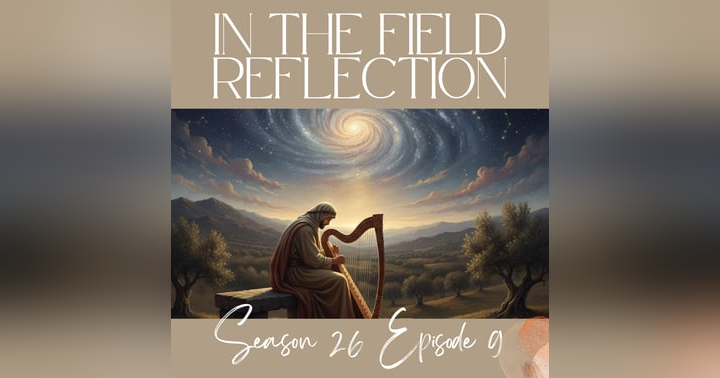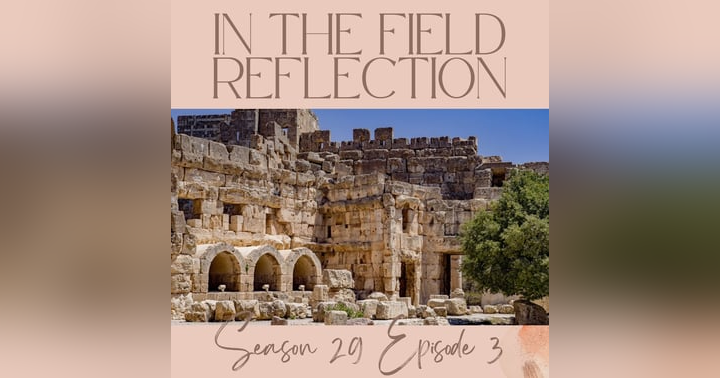When Heaven Falls Silent: The Edge of Prophecy

Malachi Chapter 4 stands at the edge of prophecy, the final prophetic voice before centuries of divine silence. This short but powerful conclusion to the Old Testament carries a message that resonates through time—a message of judgment, hope, reconciliation, and remembrance.
The chapter opens with a stark warning about "the day of the Lord," described as a day "burning like an oven" that will consume the arrogant and evildoers like stubble. This imagery is intentionally jarring, meant to awaken the complacent and challenge those who have drifted from faithful devotion. The metaphor of fire appears throughout scripture as both purifier and destroyer—refining the faithful while consuming that which cannot withstand divine scrutiny. For those building lives on foundations of pride, injustice, or hollow religiosity, Malachi warns that nothing will remain, "neither root nor branch." This sobering picture serves as a wake-up call to examine what we're constructing with our days, our decisions, and our devotions.
Yet Malachi balances this warning with extraordinary hope. For those who "revere God's name," the same day brings not destruction but healing. The prophet describes "the sun of righteousness" rising with "healing in its wings," a beautiful contrast to the consuming fire awaiting others. Those who honor God will experience freedom and joy, "leaping like calves released from the stall." This dual nature of God's coming—judgment for some, healing for others—reminds us that the same divine presence can manifest differently depending on how we position ourselves in relation to it. The same sun that melts wax hardens clay; similarly, God's presence burns away impurity while warming and healing faithful hearts.
Malachi then pivots to a call to remembrance: "Remember the law of my servant Moses." This exhortation comes at a critical juncture in Israel's story, as the prophetic voice was about to fall silent for approximately four centuries until John the Baptist's arrival. During this silence, remembering God's instructions would be crucial. The call to remembrance isn't merely intellectual—it's an invitation to embody these teachings, to let them shape daily choices and relationships. In our own age of distraction and spiritual amnesia, this call to remember divine instruction remains profoundly relevant.
The chapter concludes with a promise of reconciliation through the coming of "the prophet Elijah," who would "turn the hearts of parents to their children and the hearts of children to their parents." This final prophecy before the long silence addresses broken human relationships—specifically the fractures between generations. The restoration God envisions isn't merely individual but communal and intergenerational. In a world where family breakdown and generational divides persist, Malachi's final words remind us that God cares deeply about healing these primary human bonds. Reconciliation with God should manifest in reconciliation with others, particularly those closest to us.
As we reflect on this final chapter of the Old Testament, we're invited to consider our own lives in light of these ancient warnings and promises. What are we building? Whose name do we truly revere? Are there relationships in need of restoration? And are we remembering, not just intellectually but embodying, the instructions that lead to life? Malachi's message comes to us across the centuries, still burning with urgency, still offering healing wings to those who will listen.



